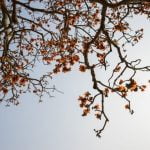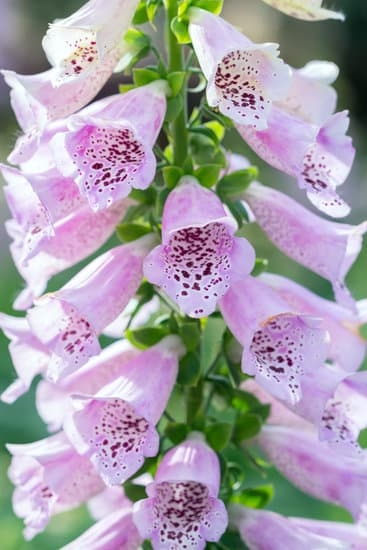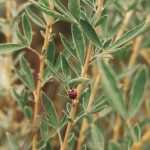Include a “Tools and Supplies” section
Tools and Supplies:
– Potting soil
– Gardening containers – pots, boxes, grow bags
– Garden tools such as trowels, hand forks, hand shovels, rakes
– Watering cans or hoses
– Plant labels / markers
– Seeds of vegetables or flowers that are easy to grow in the type of climate you live in
– Natural items such as stones, twigs and leaves for decorations
– Craft materials such as glue, paint, colored paper, glitter glue pens and fabric scraps
Add a “Safety Tips” section
Add a Creative Ideas section – Share ideas for creative gardening crafts that involve the use of various materials, supplies and tools. Examples could include making terrariums, creating seed bombs, or designing nature-inspired jewelry.
Add a Garden Maintenance Tips section – Offer guidance on how to care for gardens, including tips on watering, weeding, and pruning plants as needed.
Add a Plant Knowledge section – Provide information about the types of plants best suited for kids’ activities and crafts. Include facts about their size, shape, seasonal preferences and any other relevant characteristics.
Feature a “Gardening Totems” section
Incorporate activities that allow children to craft their own garden totems. Give them the opportunity to use creativity and build items like birdhouses and wind chimes, filling them with colorful materials like beads and string. Get the children outside, connecting to nature in a whole new way while they observe birds nesting or plants swaying in the breeze beside their homemade art. Also encourage them to create decorative plant markers with messages like “Be Happy” or “GrowStrong”, instilling lessons about cultivating life in others as well as themselves along the way.
Make a “Gardening Resolutions” section
Encourage readers to make gardening resolutions each season as a way to ensure their garden is constantly growing, developing and providing them with the most pleasure. Suggest ideas for building a more intricate garden bed, plant pollinator-supporting flowers, or move perennials to different parts of the garden. Consider adding compost to bring organic matter back into the soil and fuel plant growth. Additionally, suggest to readers they could look into covering beds with mulch or straw and removing weeds each week.
Preschool crafts related to gardening could include rain sticks, painting little planter pots or constructing bird feeders out of recycled materials. Have pupils collect leaves outside and then do leaf rubbings using crayons or markers, or have kids create nature fill mobiles with found objects from the garden such as feathers, twigs, stones and dried flower petals. Get creative by having students construct three dimensional planter boxes from cardboard boxes and paint them bright colours; the students could customize it further by printing out their own artwork directly onto the box! Other activities may involve collecting ants in a jar for observation combined with drawing pictures of birds and other wildlife who live in your neighbourhood’s gardens.
Create a “Follow Up Activities” section
Follow Up Activities:
1. Grow a Plant: Have children purchase, draw or cut out a picture of a plant they would like to grow in the garden and take it home to plant.
2. Composting: Have children learn the basics of composting by observing the decomposition process and discussing how organic matter is broken down over time to later be used in the garden for for plant growth.
3. Leaf Collection: Have children collect leaves from around their backyard or neighborhood and sort them into categories based on size, shape, or other characteristics. They can glue these leaves onto paper then label them to create a ‘leaf book’ with detailed illustrations of all the different shapes!
4. Feeding Birds & Insects: Have children create bird and insect feeders outside in the garden or set up suet cages for birds or hanging dishes full of jam, seed or parched corn for birds and pollinators alike. They can then spend time observing nature when various animals visit to enjoy what they’ve created!
5. Making Nature Journals: Supply each child with a blank journal where they can draw pictures and write observations about nature (birds, trees, flowers, bugs etc.) while playing outdoors in the garden. This activity encourages active engagement with nature through art and literacy skills as an enjoyable way to document outdoor experiences!

Welcome to my gardening blog! I am passionate about plants and enjoy sharing my knowledge and experiences with others. In this blog, I will write about everything related to gardening, from tips on how to get started to updates on my own garden projects.





